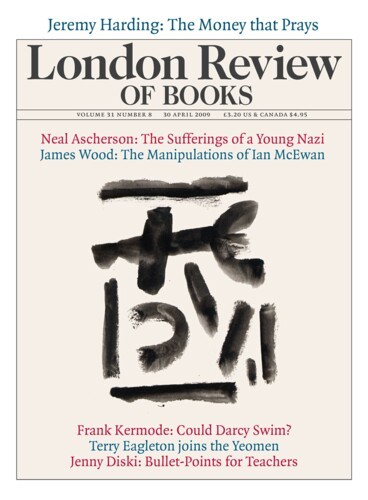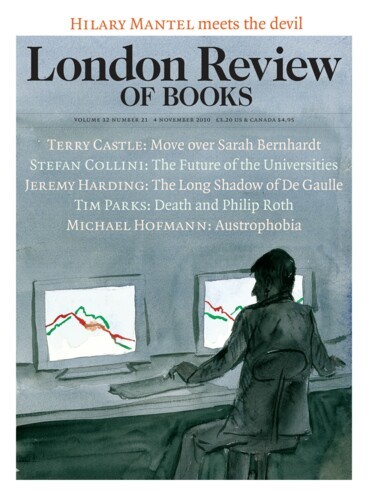Talking Corpses: ‘Gomorrah’
Tim Parks, 4 December 2008
‘When Lot lived in Sodom and Gomorrah,’ Peter wrote in his Second Epistle, ‘he was oppressed and tormented day after day by their lawless deeds.’ Having grown up in Naples, Roberto Saviano is similarly tormented and oppressed. Gomorrah is his account of the lawless deeds of the Camorra, the Neapolitan Mafia. Conveniently assonant as the two names may be, the crimes of Naples are not those we associate with the Cities of the Plain, and Saviano is not the righteous man who withdraws when God steps in to incinerate the sinful townsfolk. On the contrary, he seems to be drawn to what he abhors, and does everything in his power to see the Camorra and its lawlessness close up.





